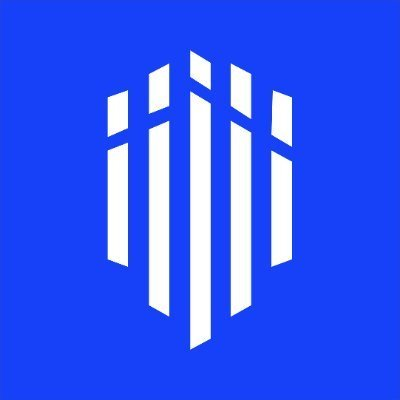On July 4, Bitcoin.com released an in-depth report, "From Wall Street to Wallets: ARK DEFAI Redefines the Architecture of Finance", focusing on an experiment known as the "Decentralized Intelligent Civilization Framework" - ARK DEFAI. The project, which consists of a group of anonymous contributors with backgrounds in Lido, Olympus DAO, and ChatGPT development, attempts to merge AI governance, DAO protocols, and modular structures into a new type of digital coordination system.

According to the report, ARK is not a single product or revenue agreement, but a modular, scalable, AI-powered coordination layer. Its core value is not to replace financial institutions, but to reconstruct how protocols take responsibility for trust and decision-making.
“We’re not just redesigning financial incentives—we’re rethinking the very foundations of economic and social coordination.”
- Carmelo Ippolito, ARK DAO Core Contributor
Modular Economy: Shift from Treasury Control Logic to AI-Driven Self-Regulating Systems
The economic system proposed by ARK is an intelligent logical network composed of modules and no longer relies on traditional treasury management or linear coin issuance strategies. Its structure consists of five modules:
-
EM (Emission Manager): adjusts the amount of coins issued according to user participation and protocol load
-
RBS (Range Bound Stability): The algorithm keeps the token price fluctuating within a preset range
-
YRF (Yield Revenue Feedback): Use the protocol income for repurchase or issuance cadence adjustment
-
MCL (Minting Cap Limit): Dynamically control the token supply cap to prevent inflation from overheating
-
Runway Control Module (RCM): Combines a predictive model to adjust the incentive intensity based on sustainability
The modular system is instantly responsive and drives protocol logic evolution through AI model parameter feedback. Each module can be independently governed, adjusted and replaced, forming a true "parametric system" design.
Governance is not just about voting, but about the co-creation and training of protocol behaviors
ARK's proposed governance model is built on trainable logic. The community doesn't just vote on proposals, but collaborates with AI models to optimize the overall logic system.
Governance participants can do so by:
-
ARK Power NFTs: Gain time-weighted governance influence
-
AI review process: Proposals are screened for semantic and logical risks before being voted on by the community
-
Simulation tools: Simulate the consequences of decisions with data to improve the predictability of proposals
-
Prestige governance model: increase the weight of governance according to the behavior trajectory and the depth of participation
This makes the governance process no longer a "voting act", but a creative process of collective training protocol model behavior.
ArkLand: Let the protocol not only go to finance, but also into the construction of social model
ARK extends its logic to the application layer with ArkLand, a prototype of a digital society controlled by modular AI that spans five areas:
-
Arkonomics: Trainable Financial Agents & Strategies module
-
Edunet: AI-assisted learning, language understanding, and skills coaching
-
Vitality: Life management, healthy habit modeling, and behavior reinforcement tools
-
Connect: NFT on-chain social and content interaction agent
-
Creator Layer: A no-code AI module building and governance module profit sharing system
Each module can be trained, adjusted and governed by users, forming a highly composable module civilization testing ground.
From Financial Agreements to Coordination Systems: The Narrative Layer Opened by ARK
The design concept promoted by ARK is to transform the protocol from a "financial product" into a logical institutional carrier. From this narrative perspective:
-
The protocol is not just an application, but a common logical infrastructure
-
Governance is not just about voting, but about the co-training of models and institutions
-
The economic module is not a reward distribution tool, but a parameter-driven order regulation network
-
The application layer is not a service front-end, but a modular experimental field for protocol sociology
Such a design brings a new protocol prototype that is sustainable, organically evolving, and modular to the Web3 world. When the protocol itself begins to have the ability to observe, adapt, and make decisions, it will no longer be just a "decentralized trading platform", but an infrastructure with the potential to coordinate order, institutional construction, and civilizational consensus.
